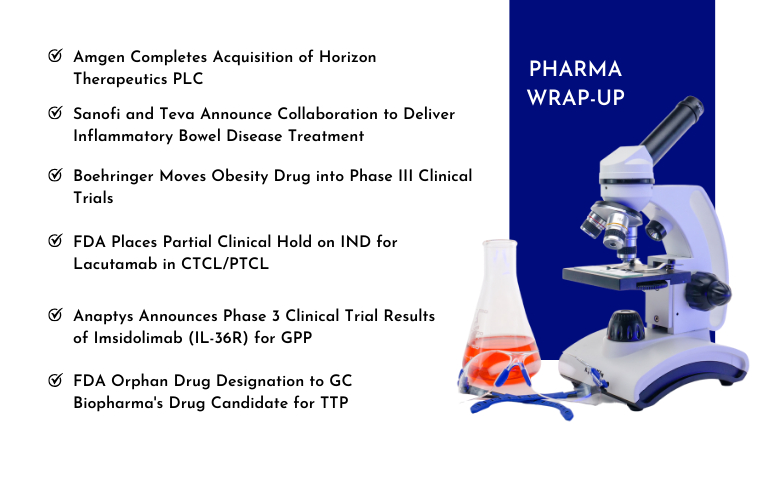Generalized pustular psoriasis (GPP) is a severe form of rare skin condition caused by abnormal inflammation. It is a type of psoriasis, which is characterized by long-lasting abnormal dry-skin patches all over the body. Bodies of the patients suffering from GPP develop red and tender skin covered with pus-filled blisters. The skin inflammation is also accompanied by fever, headache, fatigue, nausea and abnormally high number of white blood cells contained in the pustules.
Researchers revealed that the mutations in the gene like IL36RN and CARD14, increase the risk of generalized pustular psoriasis. These genes are responsible for transcribing into some crucial proteins that regulate skin inflammation. A protein produced from IL36RN, blocks the activities of proteins that promote skin inflammation. As a result, mutations in these genes reverse their functions, causing uncontrollable skin inflammation, contributing to GPP.
Generalized pustular psoriasis Epidemiology
Generalized Pustular Psoriasis is the rarest form of psoriasis, estimated to affect 2 per million people in Europe. If we talk about Japan, GPP is known to affect 0.6 per million people. However, as per the US National Library of Medicine, the worldwide Generalized Pustular Psoriasis prevalence is unknown. The annual GPP prevalence in France is estimated at 1.76 per million people. Findings from the study conducted by K.M. Hoegler et al. 2018, reveal that pustular psoriasis can affect any age, but the age of onset is within the fifth decade. In patients with a family history of psoriasis or homozygous mutation of IL36RN, age of onset is earlier. In the pediatric population, GPP accounts for 0.6% to 7% of all cases of psoriasis and age of onset is between 3 and 16 years.
Generalized pustular psoriasis Therapy Market
According to DeleveInsight’s analysis, at present, the Generalized Pustular psoriasis therapy market is dependent on symptomatic treatments. These symptomatic treatments are prescribed on the basis of the severity of the disease. Current GPP recommendations include initiation of systemic medications along with the proper supportive measures. The Generalized Pustular psoriasis therapy market comprises infliximab or cyclosporine as first-line therapies. Second line therapies include initiation of systemic medications together with the proper supportive measures such as biologic agent (adalimumab and etanercept), psoralen plus ultraviolet-A (PUVA) phototherapy, topical corticosteroids, topical calcipotriene, and topical tacrolimus, or combination therapy for recalcitrant disease (which includes a first-line oral systemic agent plus a biologic agent such as adalimumab or etanercept).
Although there are several effective generalized pustular psoriasis treatments, however, they have many limitations. Most of these therapies result in adverse side effects, providing only symptomatic relief. So, there is a high demand for novel therapies to meet the substantial unmet needs in generalized pustular psoriasis treatment.



